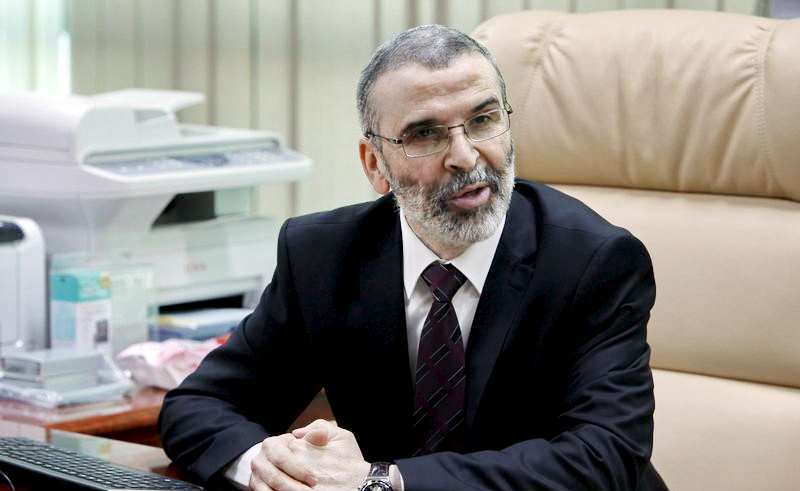Sanalla: Libya’s oil output to hit the lowest level since 2011

Mustafa Sanalla, chairman of the National Oil Corporation, said the country’s output had already plummeted from 1.3m barrels a day to just 400,000 b/d since the Libyan strongman trying to seize political power in the country, Gen Khalifa Haftar, started the blockade on Friday. Production was now expected to fall to as little as 72,000 b/d “within days” or at most weeks, he told the Financial Times.
“Every day the situation is getting worse,” Mr Sanalla said from his offices in Tripoli, where the NOC has had to rehouse staff in hotels because of fighting on the edge of the capital.
“These blockades are illegal, criminal actions. It needs to be resolved quickly as the longer we stay offline the more difficult it is to restore production at older fields.” Sanalla added.
The loss of gas supplies — normally sourced as a byproduct of oil extraction — was affecting power generation, Mr Sanalla said, creating shortages on the national grid and blackouts in parts of eastern Libya. The NOC was shutting down production at a petrochemical facility in Brega to release gas supplies for the national grid, but he feared it would not be enough to address the shortage.
Mr Sanalla described the shutdown as the “worst” since the revolution in 2011 that toppled Muammer Gaddafi. Previous disruptions have at times cut production sharply, but never to as little as 72,000 b/d, the level he expects to reach now.
Most of Libya’s oil is onshore and with limited storage capacity and no export routes, production will have to be cut, according to Mr Sanalla.
With no resolution to the blockade in sight, he warned that the crisis risked eroding the country’s cash reserves and exacerbating the refugee crisis in Europe, encouraging more people to risk the treacherous journey from Libya across the Mediterranean Sea.
“If people lose their livelihoods, if people cannot see light at the end of the tunnel — the frustration means more will try to cross the Mediterranean,” Mr Sanalla said, adding he hoped international pressure could help resolve the crisis. Migration from Libya is a major political issue in many EU states, particularly Italy.
Sanalla said Libya’s ambitions of raising its oil production to 1.5m b/d this year and 2.5m b/d later this decade were in serious jeopardy.
“This will damage and destroy our work. We need to keep the oil production running,” he said, adding that if this country is a failed state, people will not invest.
How to submit an Op-Ed: Libyan Express accepts opinion articles on a wide range of topics. Submissions may be sent to oped@libyanexpress.com. Please include ‘Op-Ed’ in the subject line.
- Haftar to fly to the US with family, pretending it’s a Libyan official visit - September 13, 2021
- Haftar hires ex-Clinton aide, ex-Republican leader to lobby Washington for Libya elections’ run - September 09, 2021
- Al-Saadi Gaddafi, late dictator’s son, released from Libyan prison - September 06, 2021


